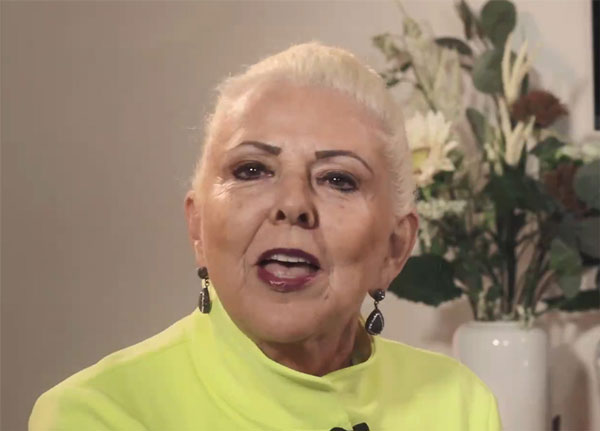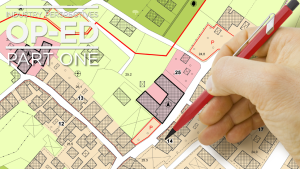Two veterans of the Ontario heating, ventilation, air conditioning and refrigeration (HVACR) sector offered stories of inspiration and encouragement in back-to-back sessions at the recent Celebrating Women in the HVACR Industry conference.
The online event was presented Oct. 21 and 22 by the Ontario Refrigeration and Air Conditioning Contractors Association (ORAC).
Both Karen Allen, director of operations with Cool Check Air Conditioning, and Tara Boyd, director of administration and finance at Pure Mechanical, recalled decades-old stereotypes that presented hurdles as they worked their way through male-dominated professions. Today they are both active as mentors and leaders for the next generation of female HVACR workers and managers.
“Back in the day when I started out, which was prehistoric, women were encouraged to be nurses and secretaries and stewardesses,” Allen said. “I was sort of pushed into that role.”
Allen started with Cool Check 20 years ago. Her husband owned the company and they needed someone to do collections. She found the operations were very primitive from a technology standpoint and she set about using business acumen she had acquired during her previous job with the Walt Disney Company.
“I often say I took the company from Sleepy Hollow to Star Wars,” said Allen.
Allen eventually got involved with ORAC and served on its safety committee, and in 2014 she took charge of the first ORAC women’s day.

A highlight for Allen at Cool Check was steering the firm through two audits.
“The challenge for me would be to grow outside the stereotype of secretary and support person and grow into the manager’s role in such a male-dominated industry,” she said.
Next up was Boyd, who reported on a survey she had personally undertaken to get a grasp on attitudes of Ontarians towards women in the skilled trades.
After 15 years in the financial industry, seven years ago Boyd made a leap into the world of the skilled trades with a unionized HVAC company, Pure Mechanical, launched by her husband.
During her presentation she spoke of regret that she was not encouraged to take up a skilled trade as a girl. Twenty-five years ago, the trades were not an option, and instead she took home economics at school.
Boyd faces discrimination when potential clients looking to deal with her firm find a woman on the phone.
“I should probably explain this to a man who knows what I am talking about,” she suggested is a not-unheard-of comment.
“But I too am guilty when I call a supplier and when a woman answers I ask for the parts department.”
Boyd has been active in women’s causes through involvement with such groups as the Durham YWCA, where she was president, and also Girls Inc. of Durham.
Asked why she conducted her poll, which requested input through a variety of social media, Boyd explained, “I’d have to say, my thoughts of wanting to enter the trades myself and stereotypes and barriers I already encountered.”
Her survey had 97 respondents, 96 per cent of whom were female.
The survey showed:
- 83 per cent knew only two women or fewer in a skilled trade.
- while 47 per cent knew what a Red Seal trade is, only 13 per cent knew a woman in a Red Seal trade.
- 20 per cent said they felt there is not job security for a woman in the skilled trades because of stereotyping — such as lower physical strength or women thought of as too emotional — or the possibility of getting pregnant and taking leave or not being able to do a full day’s work.
- barriers identified to women entering the skilled trades included that the work is thought to be too dangerous, women would be subjected to harassment, rough conditions at jobsites including foul language, and women would be considered inferior in stature, strength or intelligence.
- additional barriers identified included that trades are run and taught by men only, and that parents think university is a better destination for their daughters.
These barriers can be overcome, Boyd said, by better education and awareness of the trades; better promotion and marketing; women supporting women; promoting safer work environments; increasing incentives for women to join the trades; and holding companies accountable.
One of her final slides indicated that in Local 787 of the HVACR union in Durham, the number of women working in the trades is less than one per cent.
She urged the delegates to commit to addressing barriers to women entering HVACR, and to support and encourage each other.
“Next year when we are talking about this, let’s see if these numbers can increase,” she said.
Follow the author on Twitter @DonWall_DCN.











Recent Comments